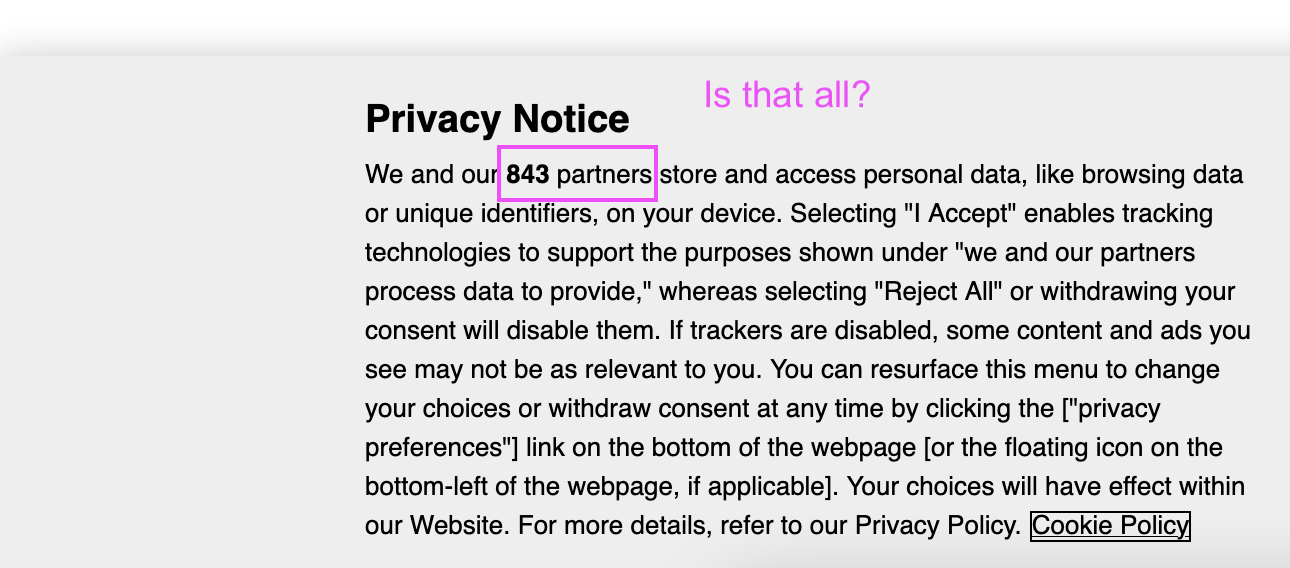Pavel Durov, the founder and CEO of the encrypted messaging service Telegram, was arrested around 8 p.m. on Saturday evening as he got off his private jet on the tarmac of Le Bourget airport. The 39-year-old Franco-Russian was accompanied by his bodyguard and a woman.
The arrest was carried out by the gendarmes of the GTA (Air Transport Gendarmerie). Registered in the RPF (wanted persons file), Pavel Durov came straight from Azerbaijan. He had over his head a French search warrant issued by the OFMIN of the National Directorate of the French Judicial Police, issued on the basis of a preliminary investigation.
Why was he under threat of a search warrant?
The Justice considers that the lack of moderation, cooperation with the police and the tools offered by Telegram (disposable number, cryptocurrencies, etc.) makes it complicit in drug trafficking, paedophile offences and fraud.
This search warrant ran if, and only if, Pavel Durov was on national territory. "He made a mistake tonight. We don't know why... Was this flight just a step? In any case, he's locked up!" a source close to the investigation told TF1/LCI. Since he knew he was persona non grata in France, Pavel Durov used to travel to the Emirates, the countries of the former USSR, South America... He travelled very little in Europe and avoided countries where Telegram is under surveillance.
And now?
Investigators from the ONAF (National Anti-Fraud Office attached to the Customs Directorate) notified him and placed him in police custody. He is expected to be presented to an investigating judge this Saturday evening before a possible indictment on Sunday for a multitude of offences: terrorism, drugs, complicity, fraud, money laundering, concealment, paedophile content...
"Pavel Durov will end up in pre-trial detention, that's for sure," comments an investigator to TF1/LCI. "On his platform, he allowed an incalculable number of misdemeanours and crimes to be committed for which he does nothing to moderate or cooperate," said a source close to the case.
His pre-trial detention at the end of his indictment is indeed in no doubt. Pavel Durov, a billionaire, has substantial means to flee and his guarantees of representation will hardly convince the judges.
A net with international resonance
For the investigators, this international sweep has various objectives. First, it makes it possible to kick the anthill, impress and deter the perpetrators of crimes and offences who exchange, until now, freely on Telegram. Secondly, they aim to put pressure on European countries to step up joint work to make secure messaging on terrorist cases bend.
Indeed, Telegram is a hive of criminal content. At the moment, the platform is in the news with the illegal broadcasting of Ligue 1 matches. But on this encrypted messaging service, many accounts are used by organized crime. Beyond terrorism, the most dangerous pedophiles communicate on Telegram to exchange content. "It has become for years THE number 1 platform for organized crime," comments an investigator.

